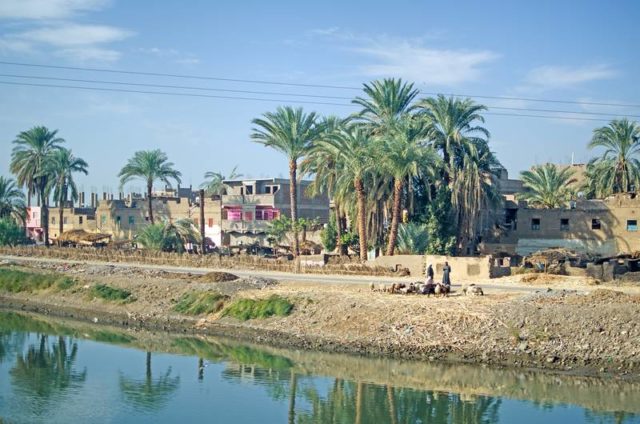Worries over water security for millions of people prompted the Arab League yesterday to say it is following “with extreme concern” talks between Egypt, Sudan and Ethiopia over the latter’s Grand Ethiopian Renaissance Dam (GERD), which it is building on the Blue Nile.
Ethiopia was not “cooperating and coordinating enough”, said Ahmed Abul-Gheit, secretary general of the league, a regional association of 22 countries in Africa and the Middle East.
His comments came after negotiations between the three countries broke down earlier this month over how to conduct technical studies on the dam’s impact on Egypt and other countries downstream.
Abul-Gheit told the Fourth Arabic Forum for Water in Cairo that water security for Egypt, the most populous Arab country, was a matter of Arab national security.
“We do not feel that Ethiopia was cooperating and coordinating enough. The Ethiopian plans to operate the dam and use its water in irrigation are ambiguous and concerning,” he said, reports Egyptian news site Ahramonline.
Abul-Gheit called on Ethiopia to show more openness and cooperation given that “there are currently 400 million people living on the banks of the Nile who will reach one billion by 2050”.
He said Egypt receives 85% of its water from the Ethiopian highlands through the Blue Nile.
As its name suggests, GERD, set to be Africa’s biggest dam, is a project of supreme national importance to Ethiopia. Now more than half built by Italian contractor Salini Impregilo, the hydroelectric plant will have an installed capacity of 6,000 MW – more than double Ethiopia’s current generating capacity – and is central to Ethiopia’s plan to be a net power exporter to the electricity-starved continent.
Construction began in early 2011 as Egypt was convulsed by its January revolution. Since then, fearing for its water security, Egypt has strongly opposed the dam, with concerns over the possibility of the conflict escalating to violence emerging in 2013.
Since then, without relinquishing its concerns, Egypt has acquiesced in principle to Ethiopia’s right to build GERD.
In March 2015 Egypt’s President Abdel-Fattah el-Sisi and his counterparts from Ethiopia and Sudan signed a cooperation deal on the principles of sharing the Nile River water and the construction of the GERD. Then in September 2016 Egypt, Sudan and Ethiopia agreed that French consultants BRL and Artelia would carry out studies on GERD’s impact on the flow of the Nile.
However, negotiations held 11-12 November in Cairo between the three parties broke down over the studies, with Egypt’s water minister accusing Sudan and Ethiopia of trying to direct them in a way that would “render them useless”, reported Middle East news site Al-Monitor.
Meanwhile, Ahramonline reported that Egypt’s president and Ethiopian Prime Minister Hailemariam Desalegn are scheduled to meet in Cairo next month to discuss the deadlock.
Image: A community by the Nile in Egypt. The Arab league says the number of people living along the Nile in different countries will reach 1 billion by 2050 (Krivinis/Dreamstime)
























